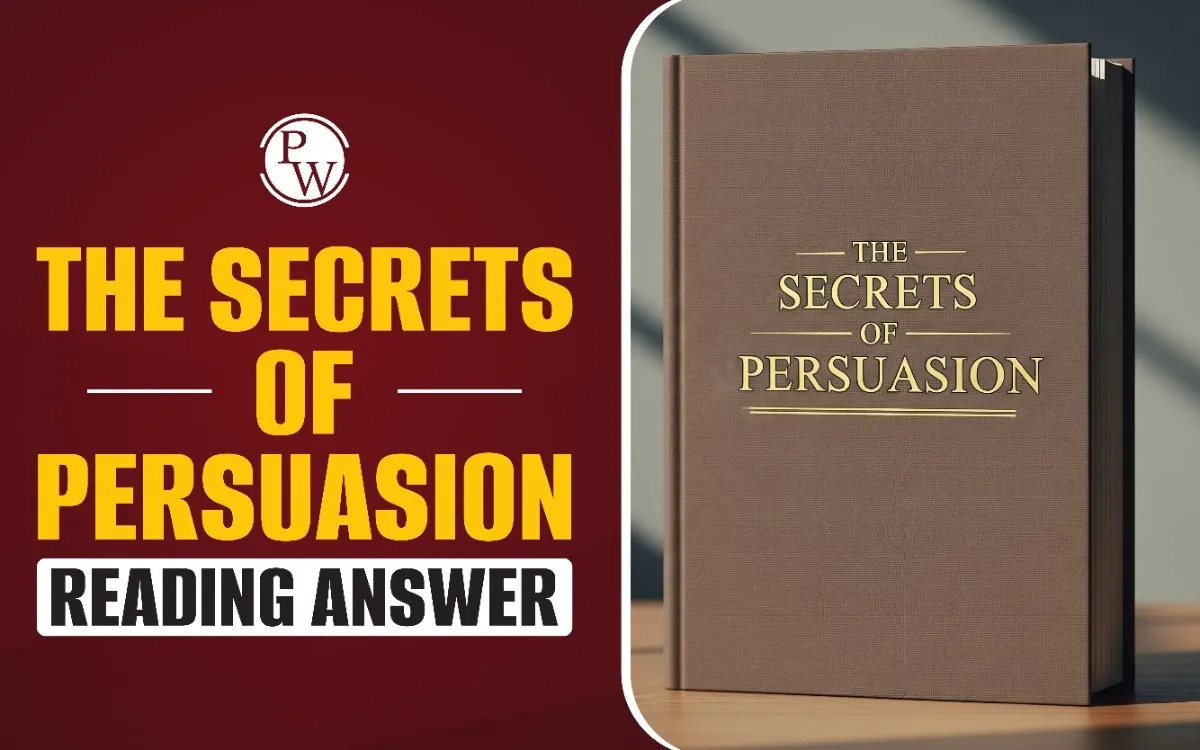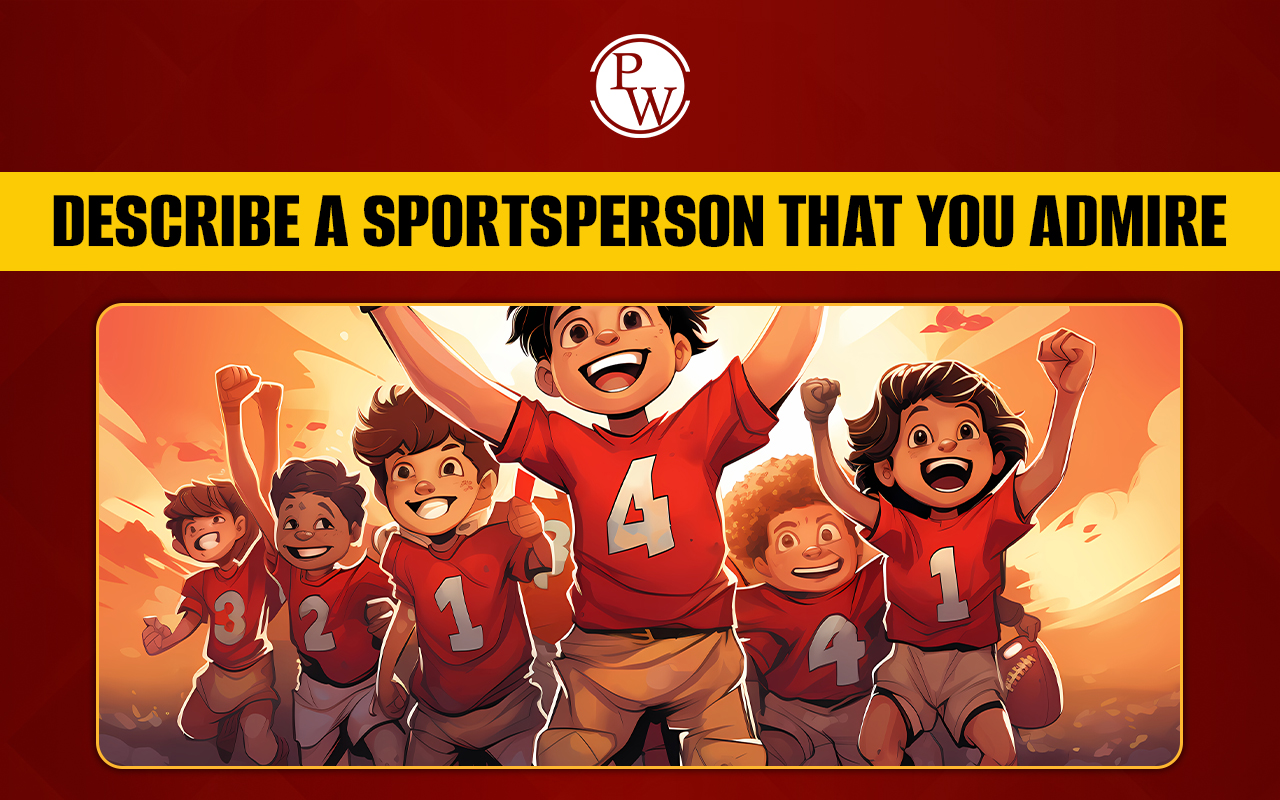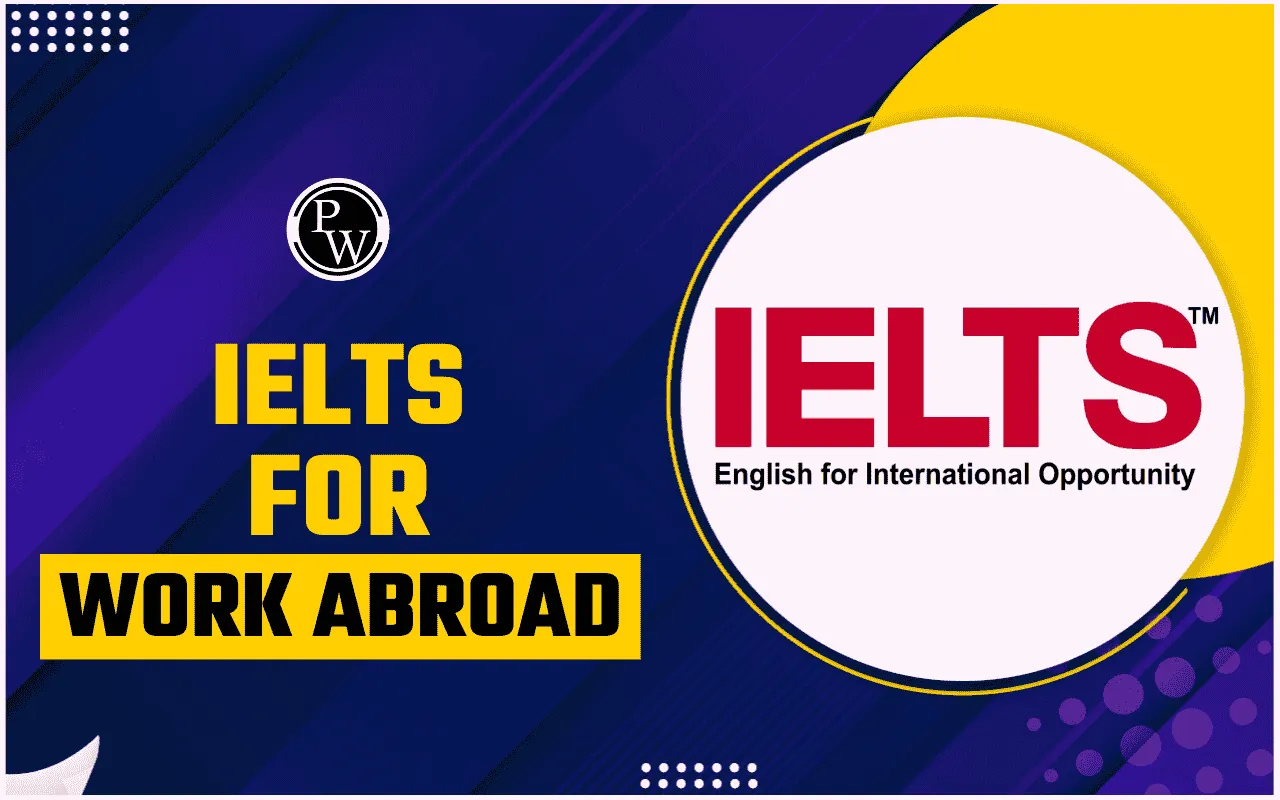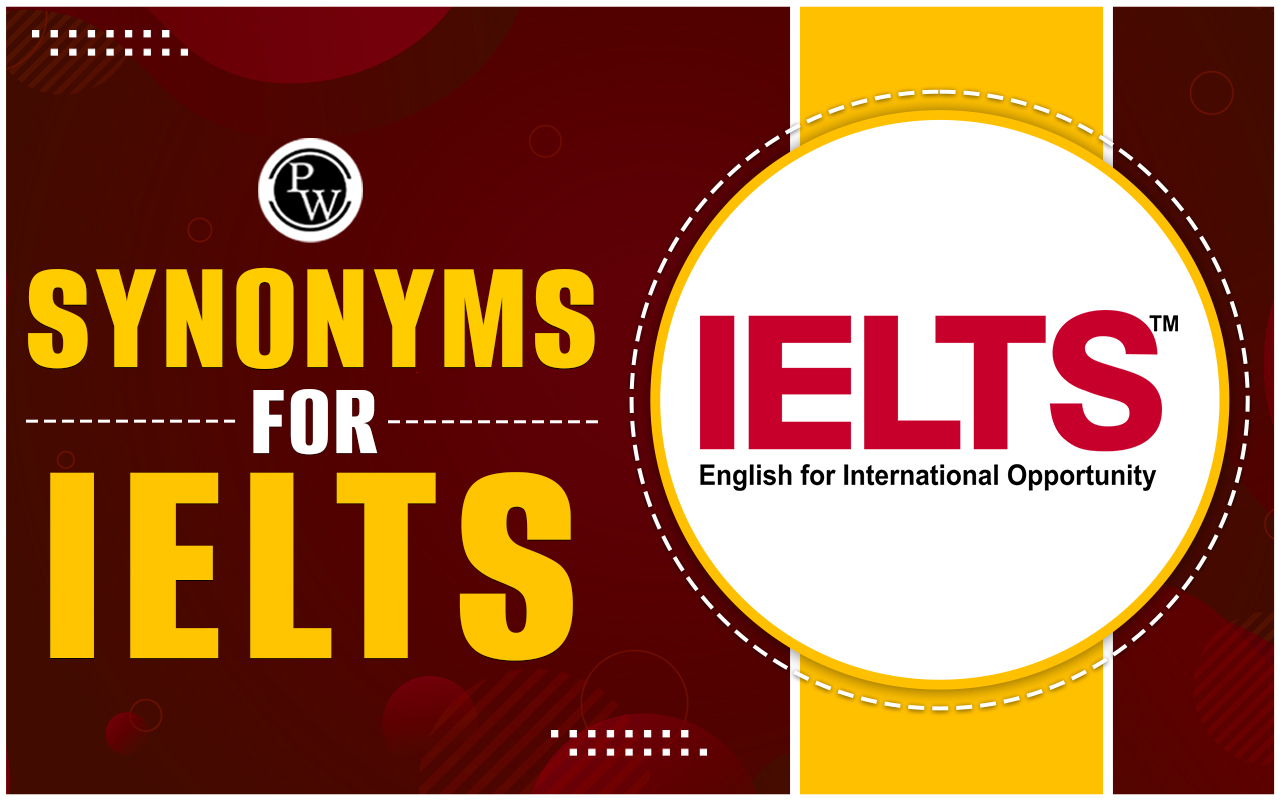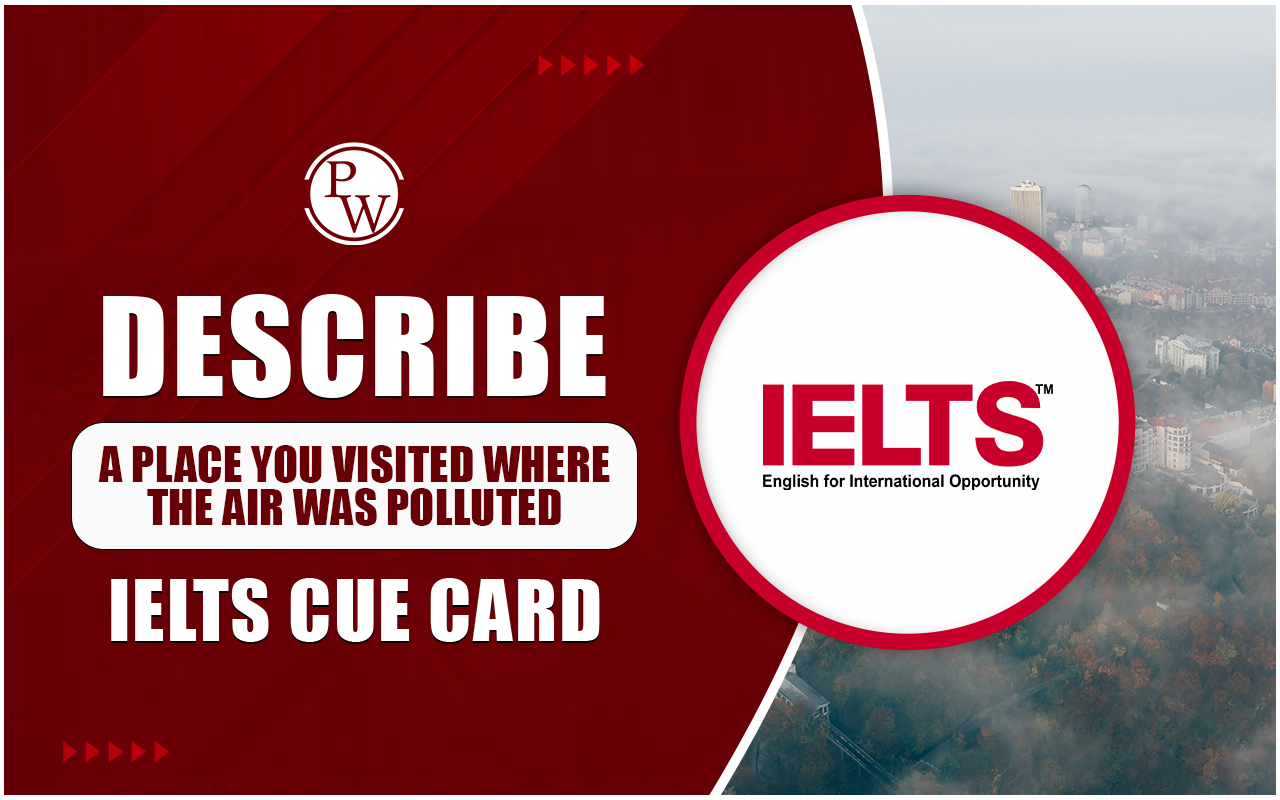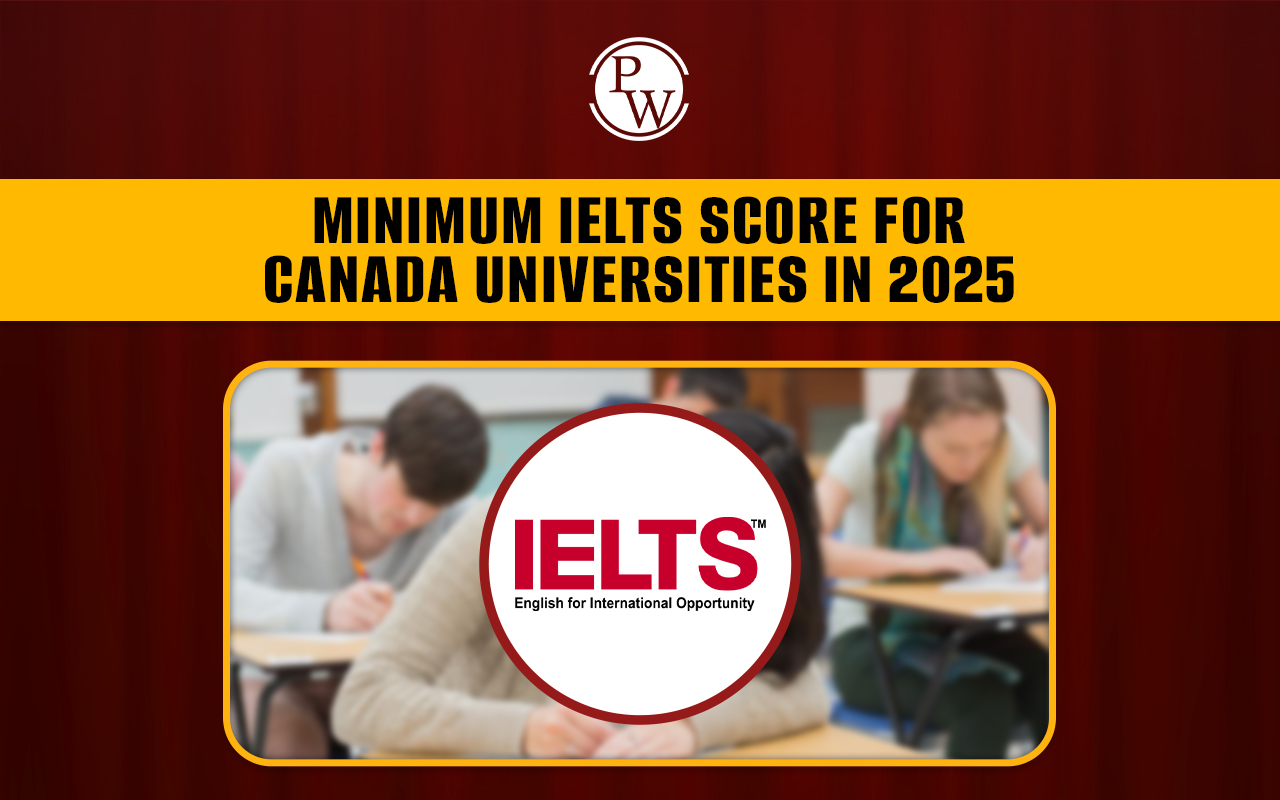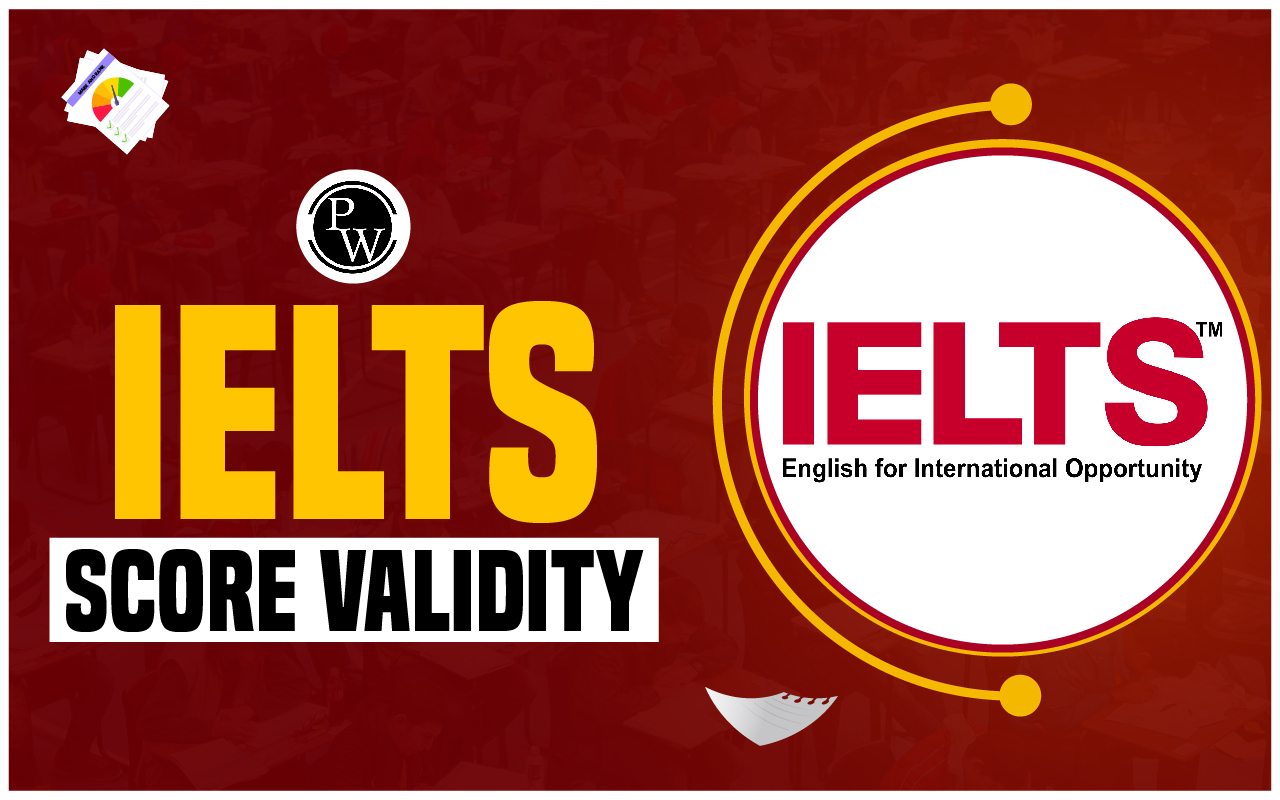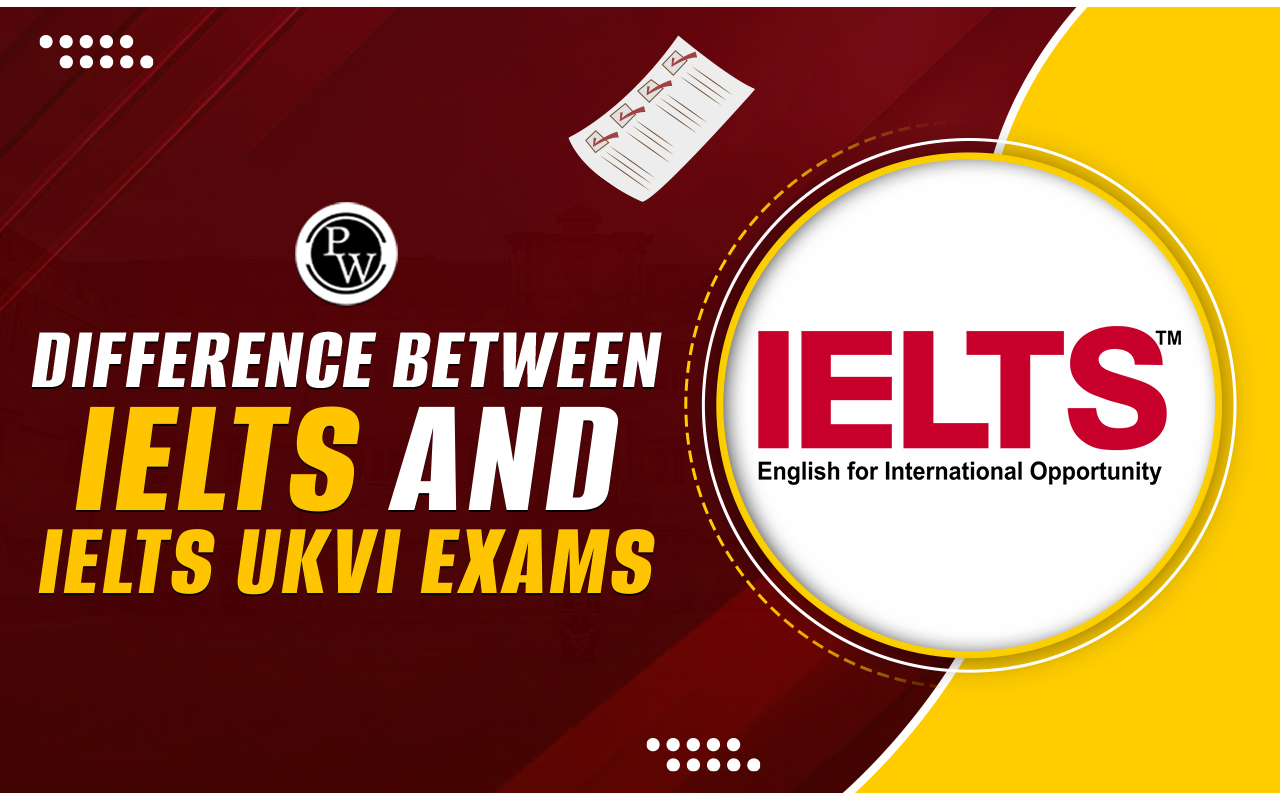
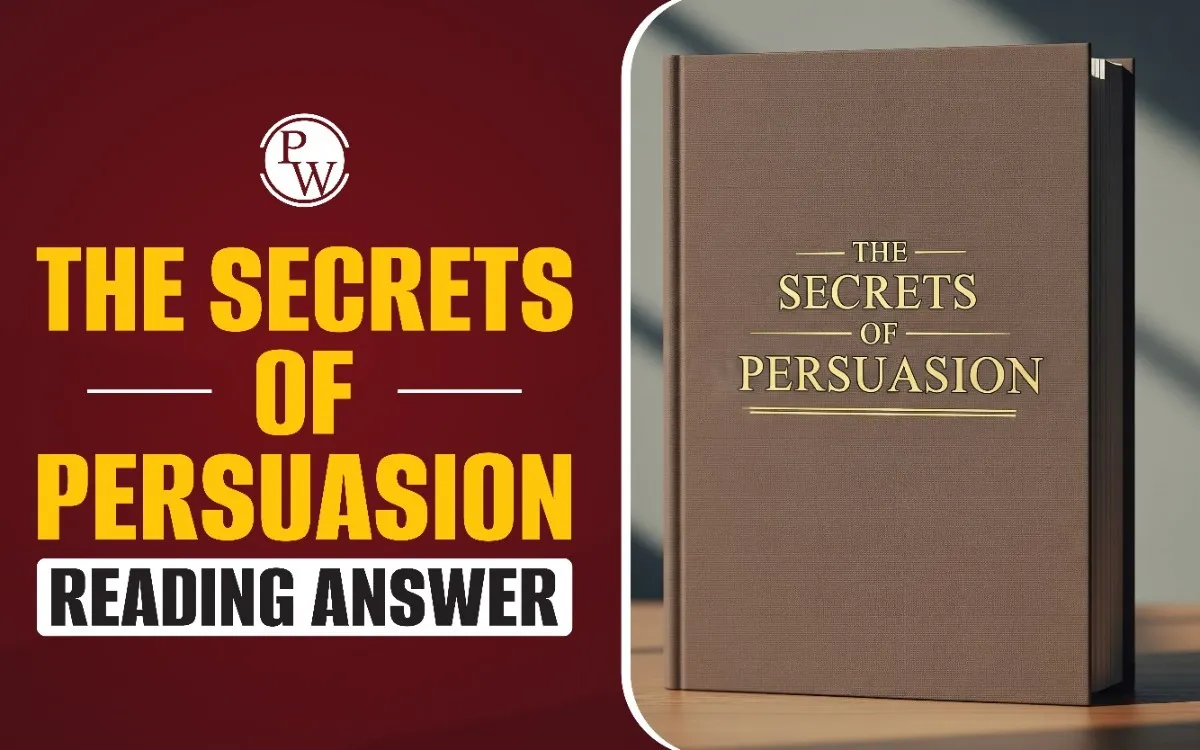
The Secrets of Persuasion Reading Answers: IELTS reading test includes passages based on various topics. To strengthen exam preparation, aspirants must aim to solve questions from multiple passages. Additionally, they should understand and follow the tips to approach reading passages in the actual exam.
To strengthen exam preparation, this guide provides the IELTS reading passage on the secrets of persuasion. This passage also includes answers to a set of passage based questions so that aspirants can evaluate their performance after solving them.
The Secrets of Persuasion Reading Answers IELTS Passage
The IELTS reading passage on the secrets of persuasion is provided here. Candidates must carefully go through the passage to understand IELTS reading explanation for psychology of influence.
The Secrets of Persuasion Reading Passage
A Our mother may have told you the secret to getting what you ask for was to say please. The reality is rather more surprising. Adam Dudding talks to a psychologist who has made a life's work from the science of persuasion. Some scientists peer at things through high-powered microscopes. Others goad rats through mazes or mix bubbling fluids in glass beakers. Robert Cialdini, for his part, does curious things with towels and believes that by doing so he is discovering important insights into how society works.
B Cialdini's towel experiments (more of them later), are part of his research into how we persuade others to say yes. He wants to know why some people have a knack for bending the will of others, be it a telephone cold-caller talking to you about timeshares, or a parent whose children are compliant even without threats of extreme violence. While he's anxious not to be seen as the man who's written the bible for snake-oil salesmen, for decades the Arizona State University social psychology professor has been creating systems for the principles and methods of persuasion and writing bestsellers about them. Some people seem to be born with the skills; Cialdini's claim is that by applying a little science, even those of us who aren't should be able to get our own way more often. "All my life I've been an easy mark for the blandishment of salespeople and fundraisers and I'd always wondered why they could get me to buy things I didn't want and give to causes I hadn't heard of," says Cialdini on the phone from London, where his is plugging his latest book.
C He found that laboratory experiments on the psychology of persuasion were telling only part of the story, so he began to research influence in the real world, enrolling in sales-training programmes: "I learnt how to sell automobiles from a lot, how to sell insurance from an office, how to sell encyclopedias door to door." He concluded there were six general "principles of influence" and has since put them to the test under slightly more scientific conditions. Most recently, that has meant messing about with towels. Many hotels leave a little card in each bathroom asking guests to reuse towels and thus conserve water and electricity and reduce pollution. Cialdini and his colleagues wanted to test the relative effectiveness of different words on those cards. Would guests be motivated to co-operate simply because it would help save the planet, or were other factors more compelling? To test this, the researchers changed the card's message from an environmental one to the simple (and truthful) statement that the majority of guests at the hotel had reused their towel at least once. Guests given this message were 26% more likely to reuse their towels than those given the old message. In Cialdini's book "Yes! 50 Secrets from the Science of Persuasion", co-written with another social scientist and a business consultant, he explains that guests were responding to the persuasive force of "social proof", the idea that our decisions are strongly influenced by what we believe other people like us are doing.
D So much for towels. Cialdini has also learnt a lot from confectionery. Yes! Cites the work of New Jersey behavioural scientist David Strohmetz, who wanted to see how restaurant patrons would respond to ridiculously small favour from their food server, in the form of after-dinner chocolate for each diner. The secret, it seems, is in how you give the chocolate. When the chocolates arrived in a heap with the bill, tips went up a miserly 3% compared to when no chocolate was given. But when the chocolates were dropped individually in front of each diner, tips went up 14%. The scientific breakthrough, though, came when the waitress gave each diner one chocolate, headed away from the table then doubled back to give them one more each as if such generosity had only just occurred to her. Tips went up 23%. This is "reciprocity" in action: we want to return favours done to us, often without bothering to calculate the relative value of what is being received and given.
E Geeling Ng, operations manager at Auckland's Soul Bar, says she's never heard of Kiwi waiting staff using such a cynical trick, not least because New Zealand's tipping culture is so different from that of the US: "If you did that in New Zealand, as diners were leaving they'd say 'can we have some more?'" But she certainly understands the general principle of reciprocity. The way to a diner's heart is "to give them something they're not expecting in the way of service. It might be something as small as leaving a mint on their plate, or it might be remembering that last time they were in they wanted their water with no ice and no lemon." "In America, it would translate into an instant tip. In New Zealand, it translates into a huge smile and thanks to you." And no doubt, return visits.
| IELTS Exam Important Links | |
|---|---|
| IELTS Reading Band Score | IELTS Listening Band Score |
| IELTS Speaking Band Score | IELTS Writing Band Score |
The Secrets of Persuasion Reading Answers Practice Questions
Here is the set of practice questions based on the secret of persuasion reading passage. Candidates must read each question carefully to find the accurate answers.
Questions 1-5: Multiple Choice
Question 1: According to paragraph A, Robert Cialdini's research methods are:
A) Similar to traditional scientific approaches
B) Focused on laboratory-based experiments
C) Unconventional but insightful
D) Based primarily on theoretical studies
Question 2: In paragraph B, Cialdini's motivation for studying persuasion came from:
A) His desire to help salespeople
B) His academic background in psychology
C) His personal experiences as a consumer
D) His interest in writing bestsellers
Question 3: According to paragraph C, Cialdini's approach to studying influence involved:
A) Only conducting laboratory experiments
B) Focusing solely on environmental psychology
C) Learning real-world sales techniques
D) Studying hotel management practices
Question 4: The towel experiment in paragraph C demonstrated that:
A) Environmental messages are most effective
B) Social proof influences behavior more than environmental appeals
C) Hotel guests don't care about conservation
D) Most guests ignore bathroom cards entirely
Question 5: In the chocolate experiment described in paragraph D, the highest tip increase (23%) occurred when:
A) Chocolates were given with the bill
B) Chocolates were distributed individually
C) The waitress gave one chocolate, left, then returned with another
D) Multiple chocolates were given at once
Questions 6-10: True/False/Not Given
Question 6: Cialdini identified exactly six principles of influence through his research.
Question 7: The towel experiment showed that environmental messages are the most effective form of persuasion.
Question 8: David Strohmetz conducted his chocolate experiments in restaurants across multiple states.
Question 9: Geeling Ng believes that the chocolate-giving technique would be effective in New Zealand restaurants.
Question 10: According to the passage, people always calculate the relative value of favors before deciding to reciprocate.
Questions 11-13: Short Answer Questions
Question 11: What percentage increase in tips occurred when chocolates were given individually to each diner? (Maximum 2 words)
Question 12: Which persuasion principle is demonstrated by the chocolate experiment?
Question 13: According to Geeling Ng, what do New Zealand diners typically do when given unexpected service?
What are IELTS Reading Answers for Influence and Communication?
Presented below are the ELTS reading answers for persuasive techniques passage questions. Once candidates solve all the questions on their own, they must revie their performance by referring to the solved answers.
Answer 1: C) Unconventional but insightful
Explanation: The passage states that while other scientists use microscopes or conduct rat experiments, Cialdini "does curious things with towels" and believes this reveals "important insights into how society works."
Answer 2: C) His personal experiences as a consumer
Explanation: Cialdini states that all her life she has been an easy mark for the blandishment of salespeople and fundraisers and she had always wondered why they could get her to buy things she didn't want.
Answer 3: C) Learning real-world sales techniques
Explanation: The passage states he "began to research influence in the real world, enrolling in sales-training programmes" where he learned to "sell automobiles," "sell insurance," and "sell encyclopedias door to door."
Answer 4: B) Social proof influences behavior more than environmental appeals
Explanation: When the message was changed to state that "the majority of guests at the hotel had reused their towel at least once," guests were "26% more likely to reuse their towels than those given the old message."
Answer 5: C) The waitress gave one chocolate, left, then returned with another
Explanation: The passage states that tips went up 23% "when the waitress gave each diner one chocolate, headed away from the table then doubled back to give them one more each as if such generosity had only just occurred to her."
Answer 6: True
Explanation: Paragraph C states that he concluded there were six general principles of influence.
Answer 7: False
Explanation: The experiment showed that social proof (stating that most guests reused towels) was 26% more effective than environmental messages.
Answer 8: Not Given
Explanation: The passage mentions Strohmetz is from New Jersey but doesn't specify where the experiments took place.
Answer 9: False
Explanation: Ng says she's never heard of Kiwi waiting staff using such a cynical trick and explains that New Zealand's tipping culture is different from the US, suggesting the technique wouldn't work the same way.
Answer 10: False
Explanation: The passage mentions that people want to return favors done to us, often without bothering to calculate the relative value of what is being received and given.
Answer 11: 14%
Answer 12: Reciprocity
Answer 13: Smile and give thanks
How to Solve IELTS Reading Passage on Persuasion?
Here are recommended tips on how to solve IELTS reading passage on persuasion topics:
-
Learn psychology-related terms like "reciprocity," "social proof," "compliance" as these are often included in the passage. Understanding these terms helps candidates in quickly grasping the meaning of the passage.
-
Skim the passage to understand the structure and grasp the main idea.
-
Identify the differences between cultures, methods, and results as many questions may be framed on these principles.
-
Practice paraphrasing the text provided in the passage. This practice is essential as many questions are paraphrased to confuse candidates.
Also Read:
- Should You Use All Capital Letters in the IELTS Listening and Reading Tests
- IELTS Reading Mistakes
- How to Improve IELTS Reading Score
- How to Manage Time in IELTS Reading
Guidance of PW IELTS
Physics Wallah offers multiple online IELTS courses for all students. Follow the IELTS pages to better prepare for the exam.
| What is IELTS Exam? | Documents Required for IELTS Registration |
| IELTS exam eligibility requirements | IELTS Exam Fees |
| IELTS test results | IELTS Exam Pattern |
The Secrets of Persuasion Reading Answers FAQs
What is The Secrets of Persuasion Reading Passage in the IELTS exam?
Why is the Secrets of Persuasion passage important for IELTS preparation?
Where can I find the IELTS reading passage on the secrets of persuasion?
How can I improve my score in IELTS reading test?

